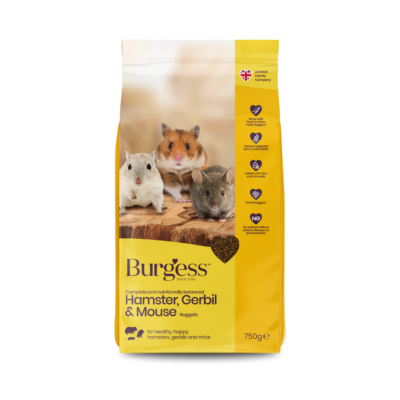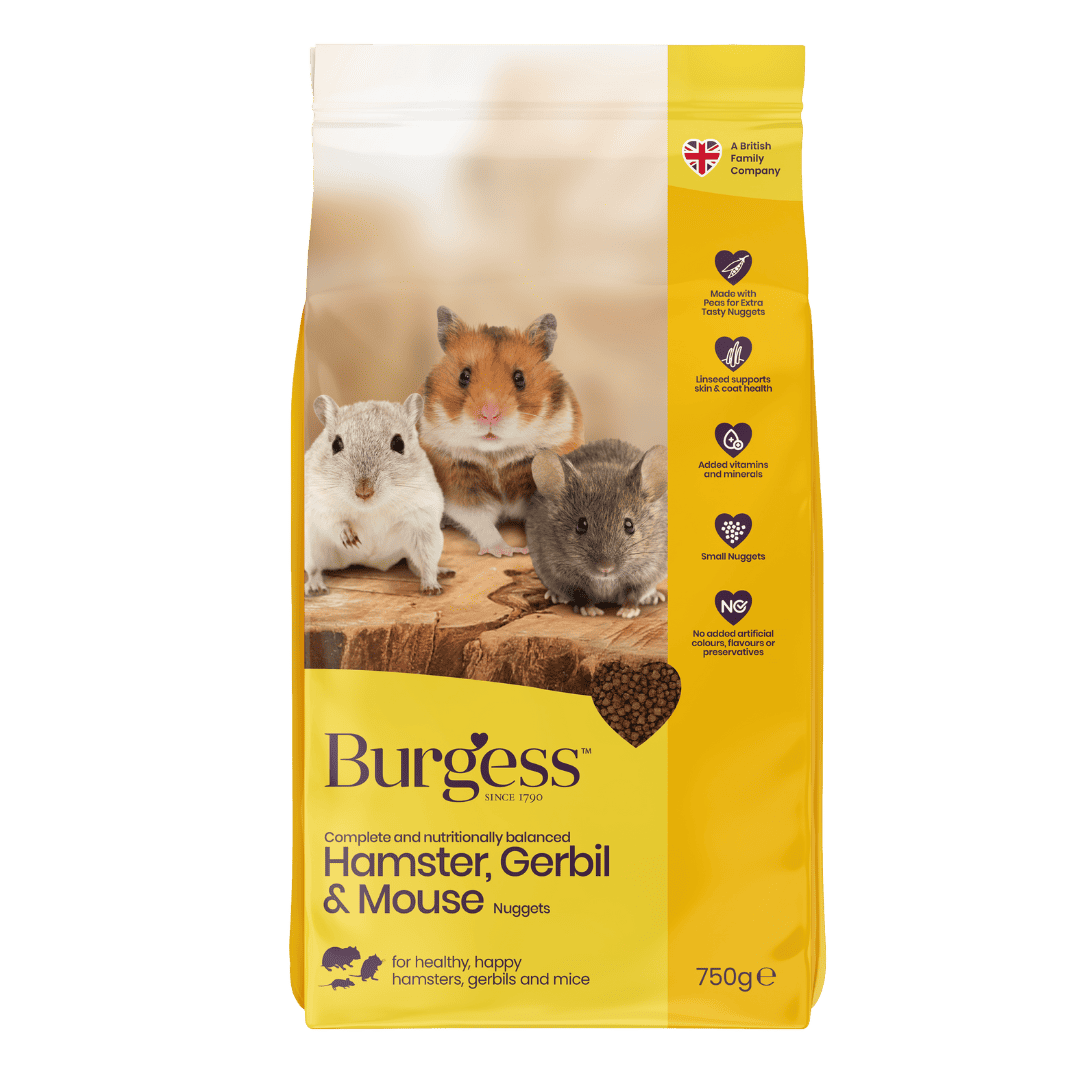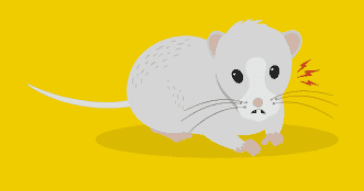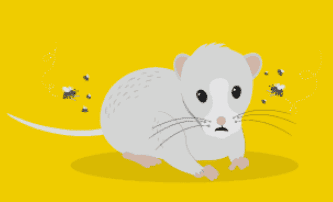Keeping your gerbils fit and healthy
Common health problems
Gerbil health check
If you notice anything unusual about your gerbils, especially a change in behaviour or eating and drinking patterns, it’s best to speak to your vet. You know your gerbils best, so will know when they’re not their usual bright, happy selves.
Behaviour: Happy gerbils are active and playful. Keep an eye on any behaviour changes or if your gerbils are tired more the usual
Bottom: Make sure your gerbil’s bottom is free from discharge or swelling. Staining or stickiness around the bottom can be a sign of diarrhoea or infection. If you see these symptoms, take your gerbil to the vet as soon as possible
Fur: Their coat should be sleek and shiny. Look out for a matted and greasy coat
Mouth and teeth: Most gerbils will happily let you check their teeth for any signs they’re misaligned, chipped or too long. A healthy gerbil’s teeth are yellow, not white. If you notice some sores around your gerbil’s mouth, this could be a sign that their bedding is too rough when they’re burrowing into it
Nails: Gerbil’s nails are continuously growing, just like their teeth. Playing with wooden toys will keep their nails short. You should still check regularly to see they haven’t become overgrown. If they have, your vet can clip your gerbil’s nails safely.
Nose: Your gerbil’s nose should be clean with no discharge. Check there’s no sores around their nose. This can be a sign that their bedding, where they love to burrow, is too rough
Scent gland: A gerbil’s scent gland is a small, bald patch on your gerbil’s underside. They rub this against things to mark them with their scent. Males in particular can be at risk from tumours in the scent gland, so feel gently to see if there are any lumps. Tumours grow very quickly but can be easily removed by a vet if they’re found early
Tail: Check your gerbil’s tail is covered in fur. Hairless patches could be a sign of mites or over-grooming, which happens when they’re bored
Quick tip

Hamster, Gerbil & Mouse
Neutering your gerbils
FEMALES:
Did you know, female gerbils can produce a little of 4 – 10 baby gerbils every 24 days? Neutering will prevent any unwanted pregnancies. Generally, you should only neuter male gerbils. Not only will this prevent the pitter patter on tiny gerbil feet, but it can also help reduce fighting.
MALES:
If you do neuter your male gerbil, it’s a good idea to keep an eye on them for the first couple of weeks. Make sure they’re not touching the healing stitches and that they’re eating and toileting as normal.
Perfect for your gerbil




Excel Nap & Nest is great for use as bedding and litter for your small animals. Our bedding is made from unused offcuts from the teabag production industry, which makes it super absorbent and soft on little paws.
Designed for use as litter and bedding, it’s suitable for rabbits, guinea pigs, hamsters, and small animals.
Do you need more advice?
To help you find the right food for your pet have a look at our product range.
You can get in touch with our customer care team who will respond in 3-5 working days. Our dedicated team of pet experts will help you make the right choice.
If you should have any concerns about the health of your pet, always consult a vet.

















